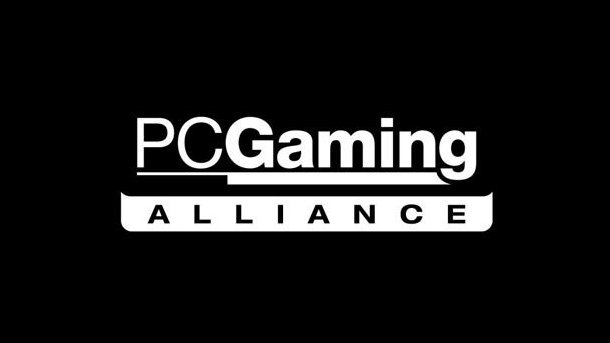PC Gaming Alliance certification program aims for March launch

The PC Gaming Alliance, a non-profit organization working to improve the state of PC gaming, plans to officially launch its certification program in March 2014, Gamasutra reports . The certification program's goal is to improve the overall quality and experience of PC games, while keeping the platform “open.” In other words, the PCGA certification programs wants to bring a semblance of order to the "Wild West" of PC gaming.
For example, a certified game will have to support a 720p resolution, using medium settings, at 30 frames per second, under “fully loaded conditions.” A genre appropriate, certified game will also have to support gamepads and the ability to connect to a big screen television.
The PC is by far the most open platform you can play games on. Most of the time that works to our benefit, as anyone can come up with a crazy idea for a game and easily make it available to purchase. But some of the time that means we're buying games that are so broken that Steam has to remove them from its online store, as we've seen recently with Ashes Cricket 2013 , and previously with The War Z .
A game showing the PCGA logo will supposedly reassure consumers that what they're buying will work as advertised. All console manufacturers have a similar, internal certification program, making sure that every game on the platform meets certain standards. In fact, the famous Nintendo Seal of Quality was born out of the great game crash of the early '80s, caused in part by a market saturated with technically shoddy games. If you saw Nintendo's seal, you knew it was going to be good, or at least work properly.
Certification will cost non-PCGA members $500 per title if they test the game themselves, or $2,500 if they want the PCGA to help with testing. In addition to the promotional benefits and endorsement of the PCGA, certified members will be entered into the organization's year-end awards ceremony.
This sounds like a nice idea, and PC gaming could certainly be made less threatening to consumers in a variety of ways, but I'm not sure that such a seal of approval is what we're missing. Games should certainly work as advertised and meet standards, but this doesn't solve the problem of different CPUs and GPUs from different manufactures, configured differently and creating practically infinite variables, all of which can create trouble in running any given game. Additionally, as cases like Ashes Cricket 2013 and The War Z prove, the PC gaming market is also pretty good at policing itself. Developers can't get away with publishing technically shoddy games for long.
While the PCGA still has prominent members such as AMD and Capcom, and board members from Epic, Intel, and Razer, it also lost some major members. We last reported on the PCGA in March 2011 , when Microsoft, Nvidia, and Dell downgraded their involvement, while Sony and Activision left the group altogether.
Keep up to date with the most important stories and the best deals, as picked by the PC Gamer team.

